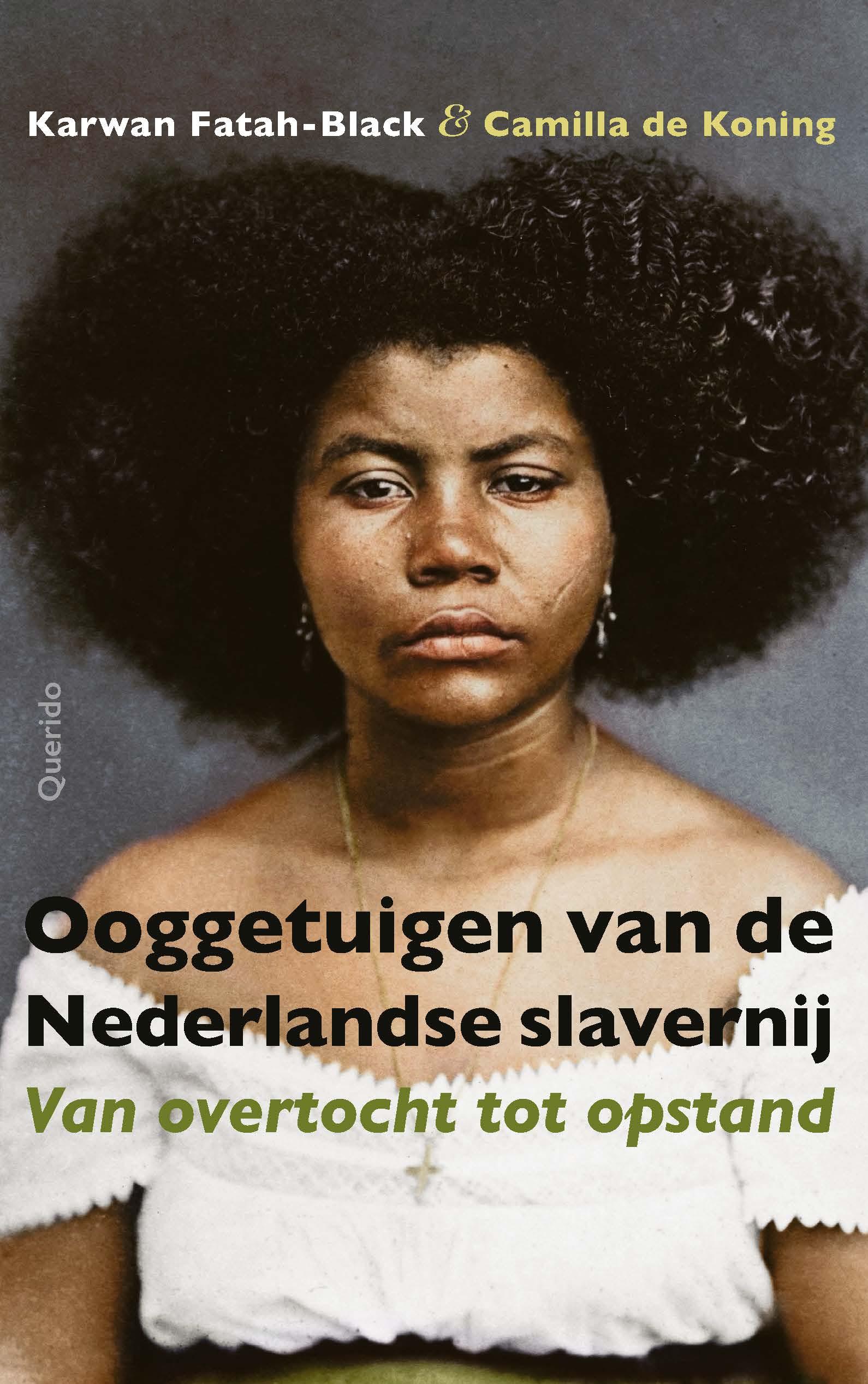Eyewitnessess to Dutch Slavery — From Passage to Uprising
A history of slavery, from the perspective of the enslaved
‘We must guard against the temptation to let colonial sources speak for themselves. We must not allow the wool to be pulled over our eyes by the powerful of yore, but rather try to uncover how things really worked in the past.’

The Netherlands is unique among the colonising countries for its wealth of archival material on the transatlantic slave trade. However, testimonials by the enslaved remain glaringly absent, which has resulted in a skewed image of the past. Though difficult, researchers Karwan Fatah-Black and Camilla de Koning attempt to access the reality behind the colonisers’ vision by putting the diverse realities of life in slavery in focus.
To recreate the everyday experiences of the enslaved, about whom we often miss the most basic information, requires reading between the lines, filling the gaps in the documents we do have, and rethinking which facts are important. Following historical lives of enslaved men, women and children, the authors reconstruct the journey from abduction and sale in West Africa, through the harrowing passage and life on the plantations in the Caribbean, to the fates of those who fled into the jungle or rebelled, and finally the fraught road to freedom through manumission. In the process, we see how the enslaved carved out worlds of their own. Smaller individual and greater collective acts of resistance return time and again, testifying to courage in the face of horrific oppression.
Fatah-Black and De Koning bring new facts to light and provide historical context where needed. Far from discounting the archival material we do have, Eyewitness of Dutch Slavery powerfully brings us one step closer to telling the whole story of transatlantic slavery.
Through personal stories, the facts are made all the more powerful
Hones in on the role of women, and especially midwives, on the plantations
Authors present the complex historical and economic circumstances accessibly, depicting with empathy the reality of slavery for a broad audience
Highlights the autonomy of people trapped in slavery
Rights
Martijn Prins
m.prins@singeluitgeverijen.nl
Astonishing stories about subjects you don’t often read about when it comes to slavery: about giving birth on slave ships, the role of midwives and about branding.
NRC
It tells the woeful story of their fate, from in Africa to their hard lives on the plantations. The abuse, the hunger, but also the uprisings and attempts to free themselves.
De Volkskrant
.jpg&w=640&q=75)
